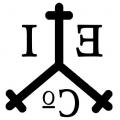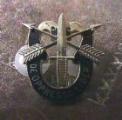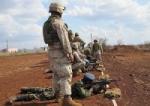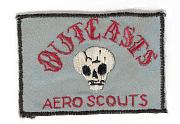http://rationalwiki.org/wiki/Negative_proof
A negative proof is a logical fallacy which takes the structure of:
X is true because there is no proof that X is false.
If the only evidence for something's existence is a lack of evidence for it not existing, then the default position is one of skepticism and not credulity. This type of negative proof is common in proofs of God's existence or in pseudosciences where it is used to attempt to shift the burden of proof onto the skeptic rather than the proponent of the idea. The burden of proof is on the individual proposing existence, not the one questioning existence.












Bookmarks